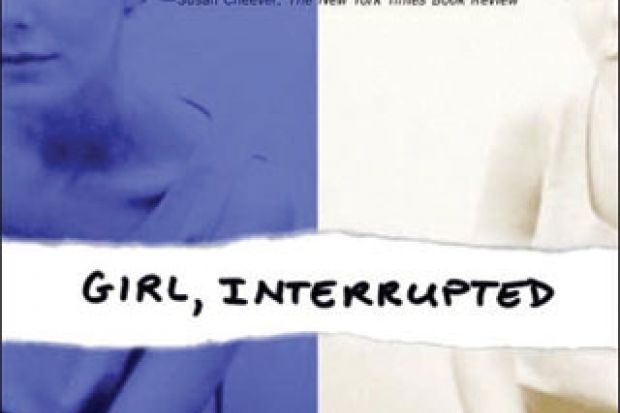Hazel Christie, lecturer in university teaching and learning, University of Edinburgh, is reading Susanna Kaysen’s Girl, Interrupted (Virago, 2000). “A compelling novel in which Kaysen delves deep into her own mental turmoil during a two-year stay at a US psychiatric hospital. Part meditation on the meaning of madness, and part biographical analysis of her own life, it questions the freedom and tyranny of being defined by psychiatric labels. Occasionally humorous, but always humbling, it reminds us both how little and how much the treatment of mental illness has changed since the late 1960s.”

Laurence Coupe, senior lecturer in English, Manchester Metropolitan University, is reading Robert Macfarlane’s The Old Ways: A Journey on Foot (Hamish Hamilton, 2012). “I’ve been thinking about the poet Edward Thomas lately, and his subtle insight into the relationship between humankind and the natural world. Macfarlane’s meditation on walking is also a book about Thomas, capturing his spirit more vividly than a conventional critical study could. It deserves to be read alongside Thomas’ nature writing, which in turn deserves to be read alongside Thomas’ verse.”

Paul Greatrix, registrar, University of Nottingham, is reading Hilary Mantel’s An Experiment in Love (Penguin, 1995). “A compelling coming-of-age tale set in 1970s London (no Tudors involved). The challenges faced by a convent-educated working-class Northern girl trying to make her way in the rarefied atmosphere of a university hall are convincingly represented, as is the spirit of the times. Things then move from light to dark, though, in what is overall a really good read.”

Christina Hellmich, reader in international relations and Middle East studies, University of Reading, is reading David Kilcullen’s Out of the Mountains: The Coming Age of the Urban Guerrilla (Hurst, 2013). “Kilcullen invites us to enter the fog of war of the urban jungle as we meet him, fresh out of the mountains, in the bar of a posh hotel in Manhattan’s fashion district. Through his eyes, we travel on dirt roads, avoid improvised explosive devices, meet business-savvy village elders and veiled women. A cracking good read that almost succeeds in leading us to suspend disbelief as we get absorbed by the novel twists of a strange yet familiar narrative.”

Vladimir Tismaneanu, professor of politics, University of Maryland, College Park, is reading John Lukacs’ A Short History of the Twentieth Century (Harvard University Press, 2013). “A cultural pessimist, an erudite historian and a humanist, Lukacs does not mince his words when he explores the follies of a century second to none in terms of mass delusions, violence and state-organised terror. Insightful, unorthodox and unpredictable, the book offers new perspectives on communism, fascism, liberal democracy and nationalism. His discussion of communism as rooted in fear is truly original.”

